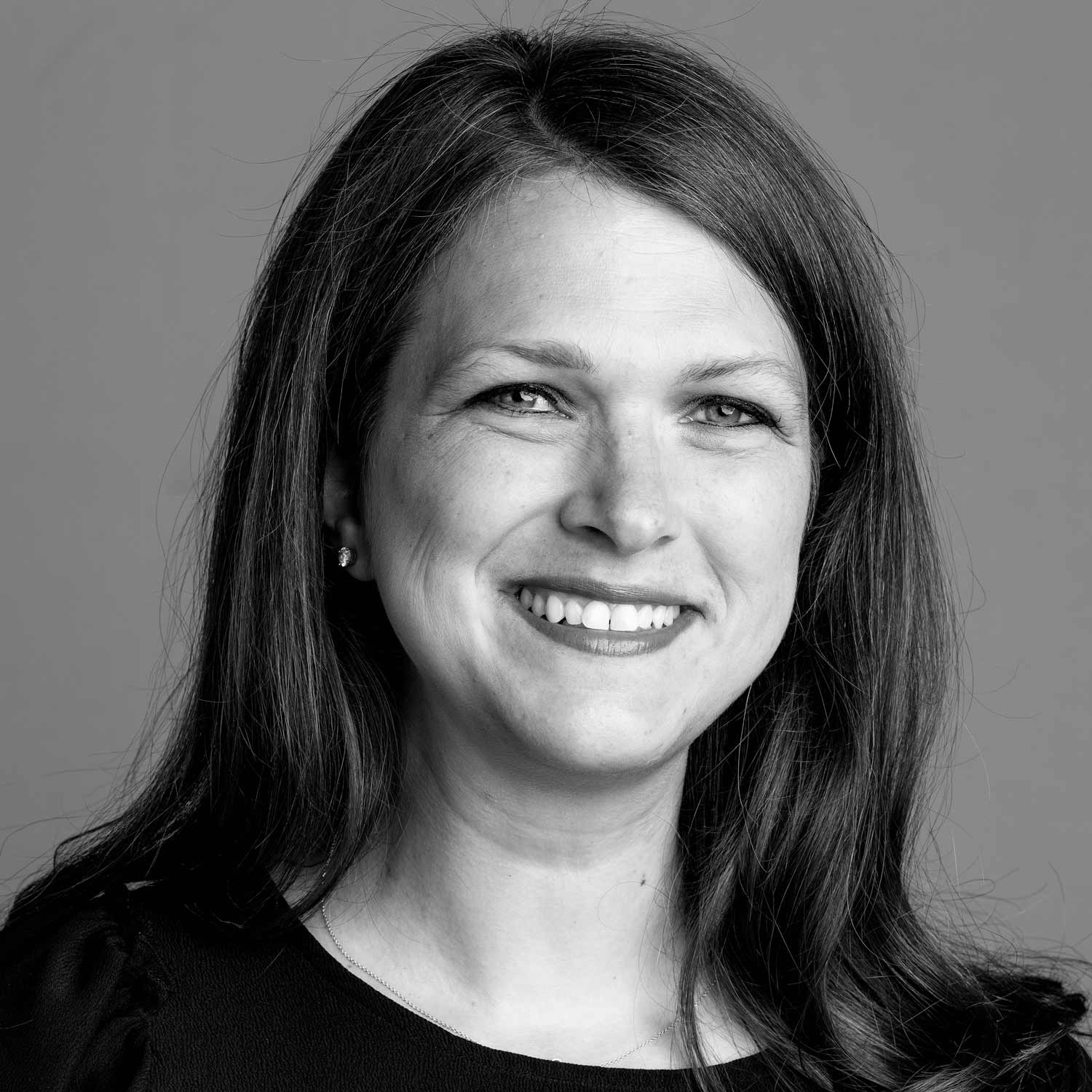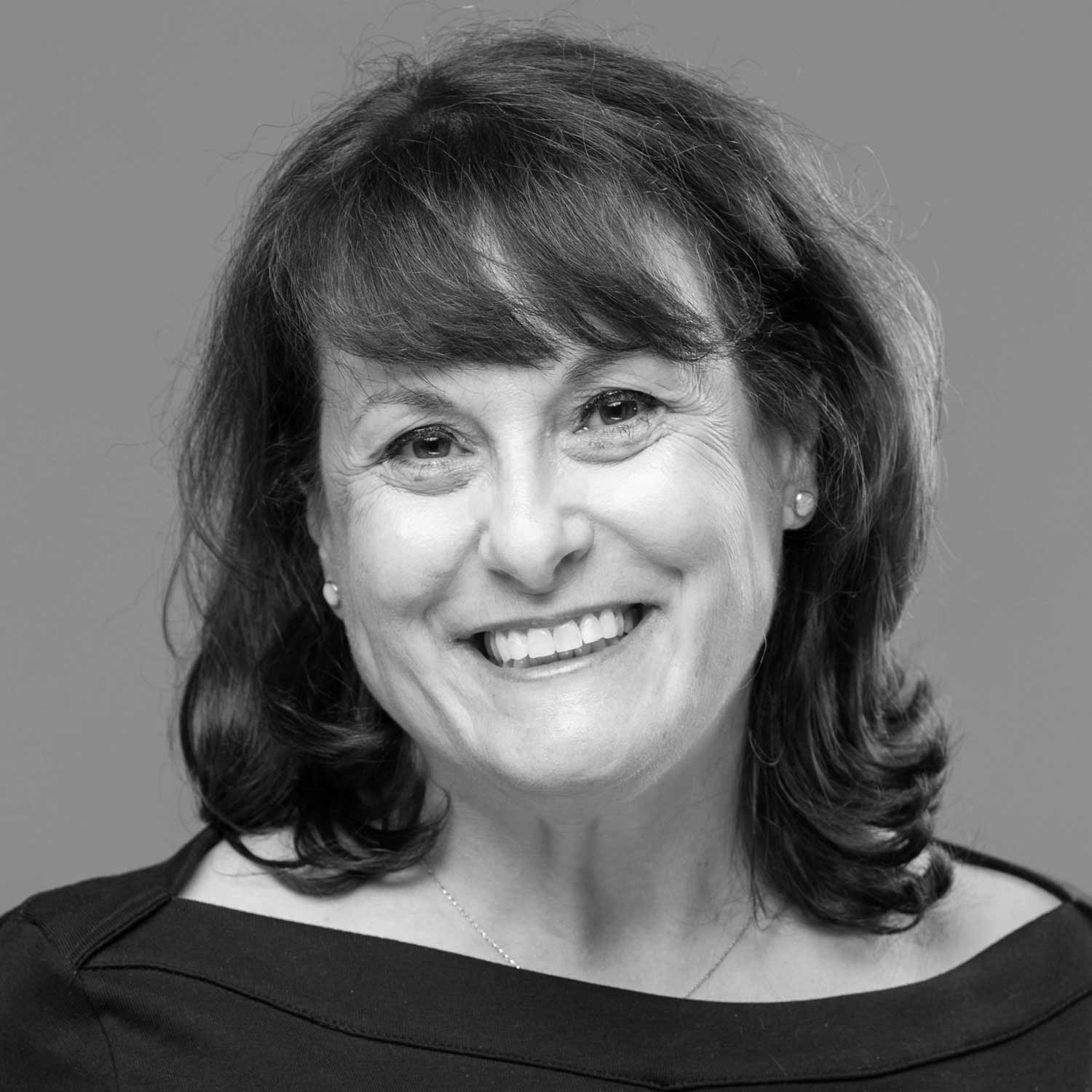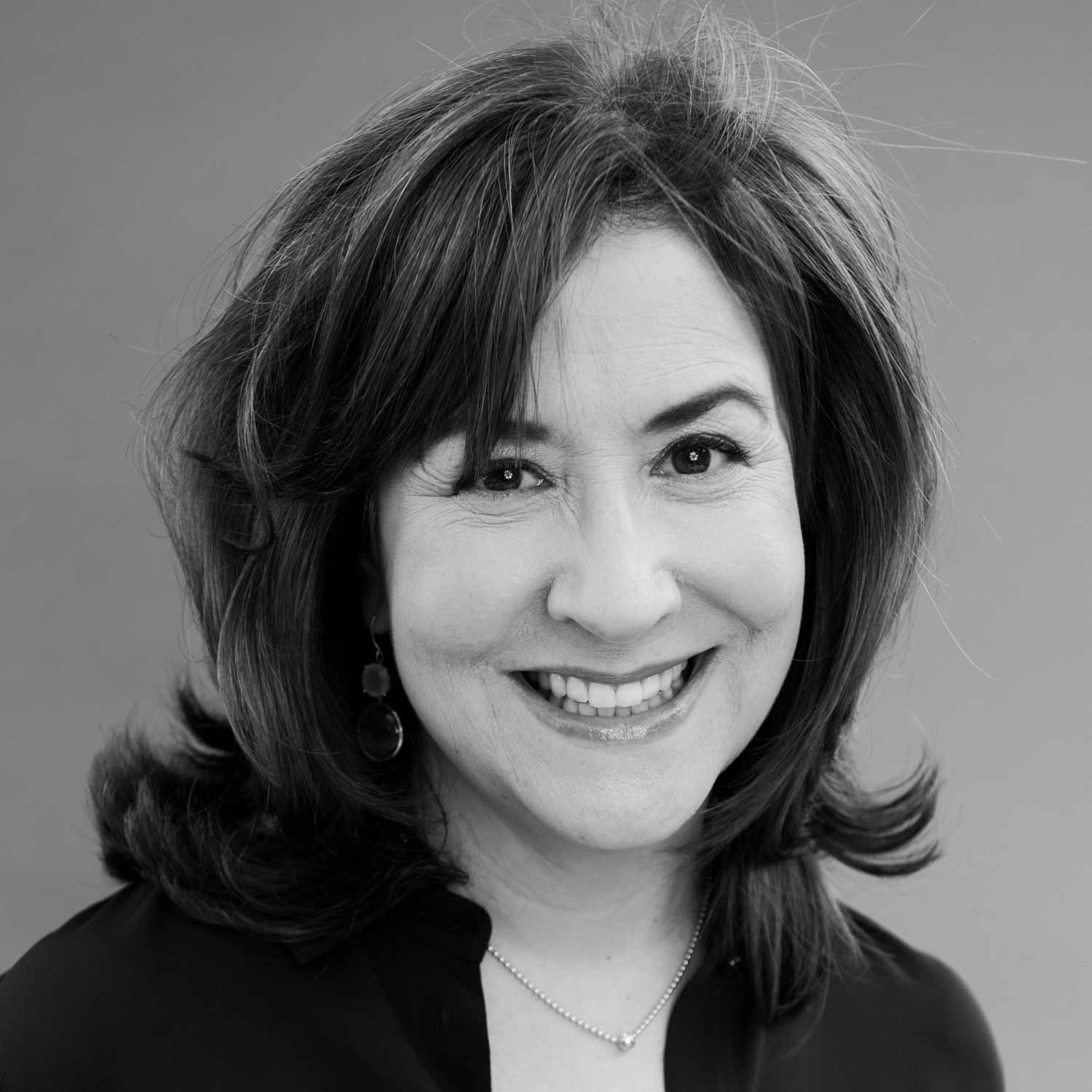Why are you passionate about Jewish Early Childhood Education?
I often say that Jewish Early Childhood Education is a really intellectual field because young children are such big thinkers. I transitioned from a very intellectual line of work — Middle East policy — that brought me little joy or creativity. But I found both in my work with children, sharing in their curiosity and laughter and pursuit of meaning and self. The environment is very generative for me. Who wouldn’t want to spend their days that way?
You’re working. You’re raising three children. You’re writing a doctoral dissertation in Jewish Education. What do you do to escape?
I get deeply engrossed in stories. Immersing myself in a great one allows me to clear my head and be transported to a life and place that isn’t my own. So I watch lots of films and television series, and listen to lots of podcasts. Lately, I’ve been binge-watching Insecure on HBO, Maid on Netflix, and Unforgotten on PBS. To anyone reading this, please send me recommendations!
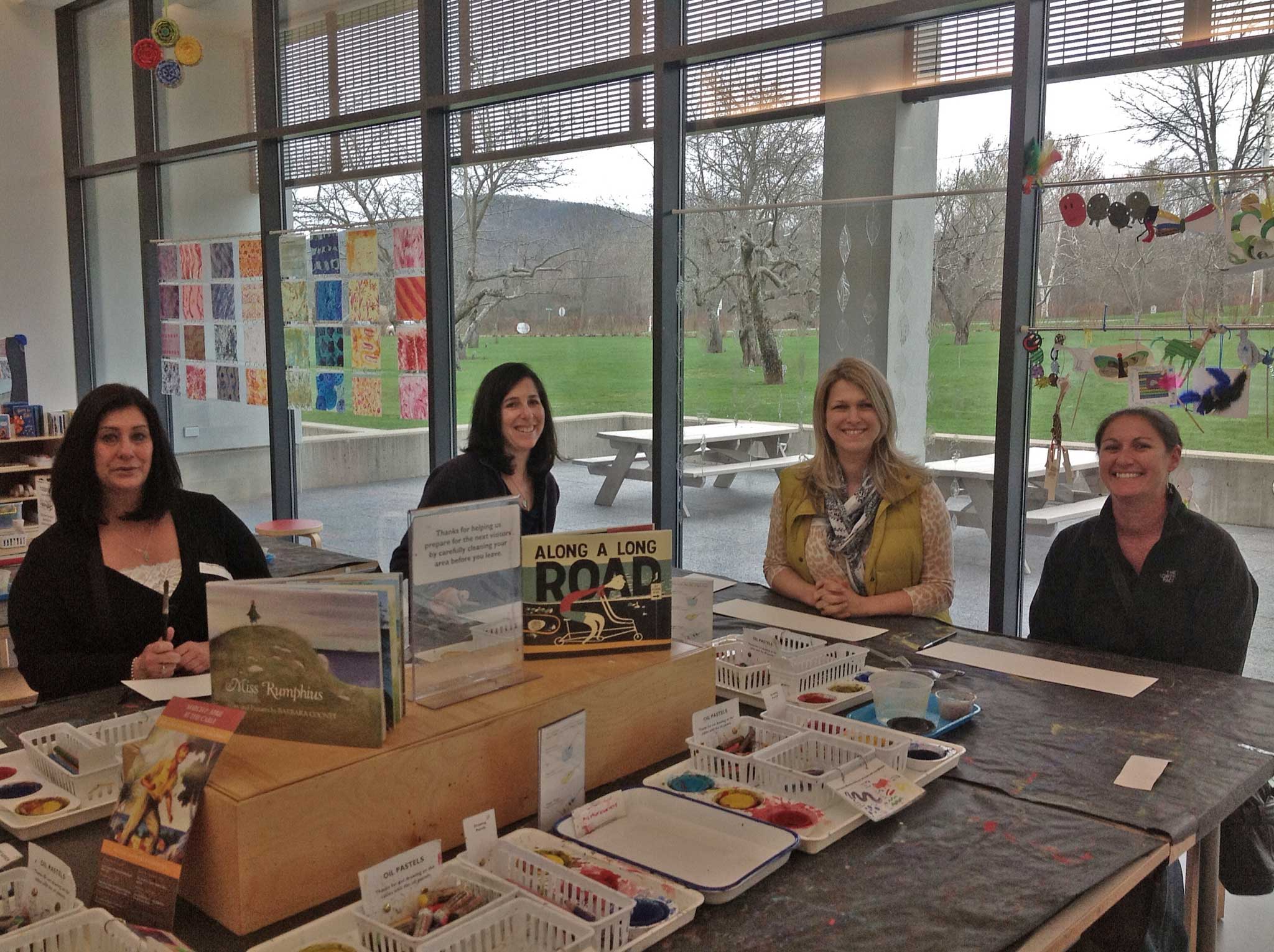
What’s weighing on you these days?
The pandemic forced me to look at the hard stuff, and the most important issue I can be working on right now is compensation for early childhood educators. I’ve spent much of my career building a vision for what is possible, creating paradigms for the greatest early childhood education environments we can have, and advancing a joyous network so we in the field can push and support each other. But if the compensation issue isn’t addressed, then the party’s over.
How are you moving the conversation on this issue?
I’m devoting more of my time and energy to being an advocate for early childhood education in general. The issue goes beyond the Jewish community. It’s societal. So we can’t isolate. We need more people in our corner. We need to create coalitions with policy makers and groups that care about young children. The Paradigm Project, in partnership with the Sheva Center, launched an initiative called Hear Our Voices to advance and give voice to this issue.
You’re creating conversations and communities of practice in the field about other societal challenges as well, including racial justice. Speak about that.
Again, it was an issue I was looking away from, and with the George Floyd killing, the time came to have a reckoning. The work we do as Jewish educators is essentially rooted in our Jewish values, so everything we aspire to be must be present in our dialogues and our actions.
Some of this is in the leadership realm, and ensuring that equity is a priority. And in the classroom, we are still holding onto practices of color blindness. But recent research tells us our kids notice differences. We have to start talking to them about that, rather than hovering over it, and relay that it is their responsibility to speak up for others and go through the world looking for things that aren’t right and fair and standing up. That’s a challenge when many of our schools don’t have obviously diverse populations. Sometimes we have to look and say we haven’t been doing things as well as we should be, so let’s get back to work.
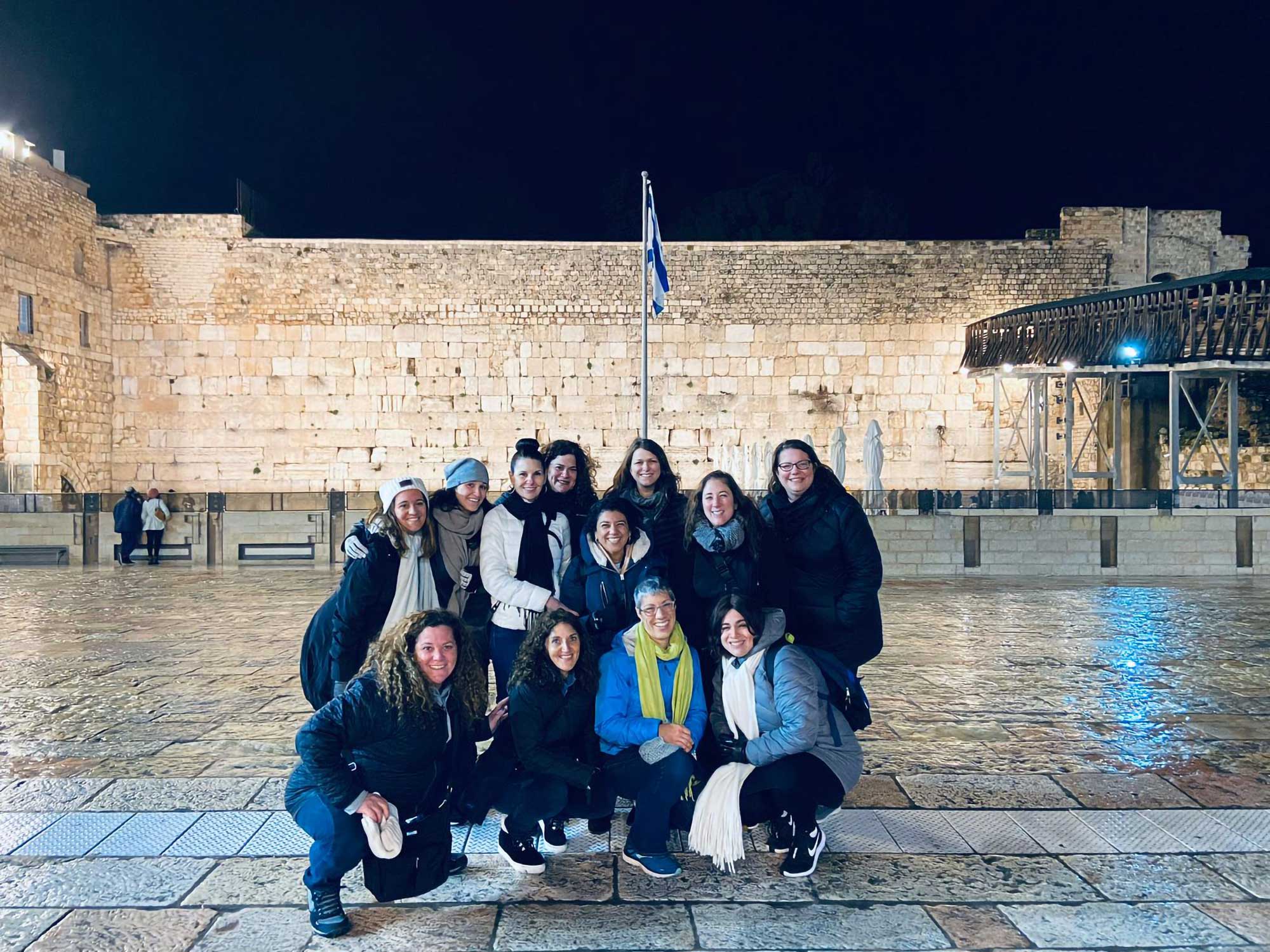
You’ve spent years elevating Jewish Early Childhood Education and giving voice to its creativity and impact. What is the dream?
I want the Jewish community to be known for doing early childhood education passionately and with excellence. We can be the light unto the nations that other communities look to for wisdom, expertise, engagement and impact.
If you could give one piece of advice to a colleague who is just starting out in the field, what would it be?
I started in the field because I started in just the right school. If I hadn’t, I don’t know if I would have continued. So go where the culture is right — where you can learn and grow and people are mentoring you and there is a dynamic dance of positivity and possibility. You’ll find your personal joy and sense of purpose.
What’s your favorite book for young children?
I can’t possibly come up with just one! I can think of four that are joyful to share with my own children and my students: Z is for Moose, by Kelly Bingham and Paul Zelinsky; Moo Baa La La La, by Sandra Boynton; I Want My Hat Back, by Jon Klassen; and The Lion Who Loved Strawberries, by Ttirtza Atar. A great reading encounter is one in which everyone is entertained, and it becomes a shared experience of irreverence and wonder and joyful connection.
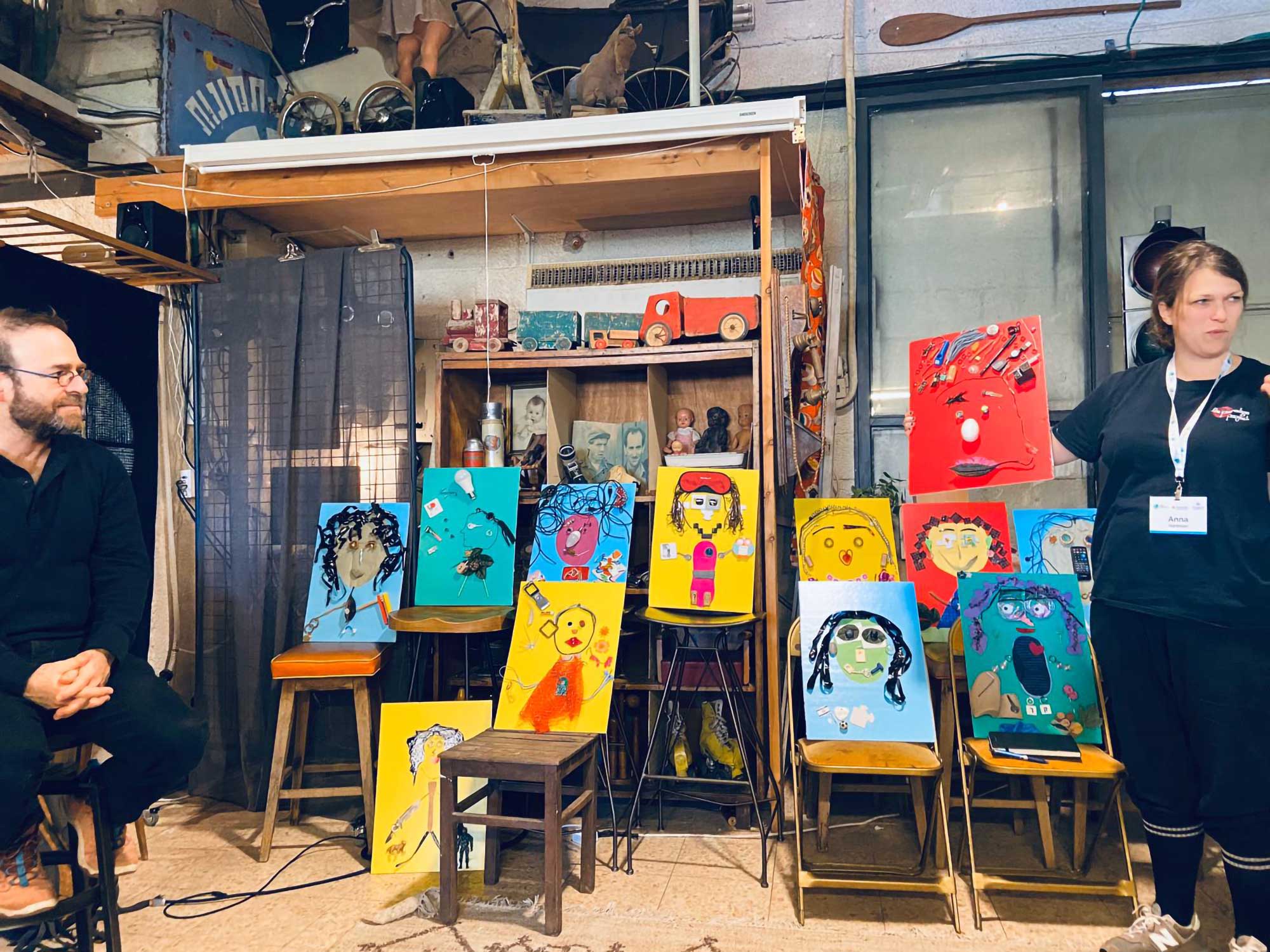
Interview conducted and edited by H. Glenn Rosenkrantz, for The Covenant Foundation
